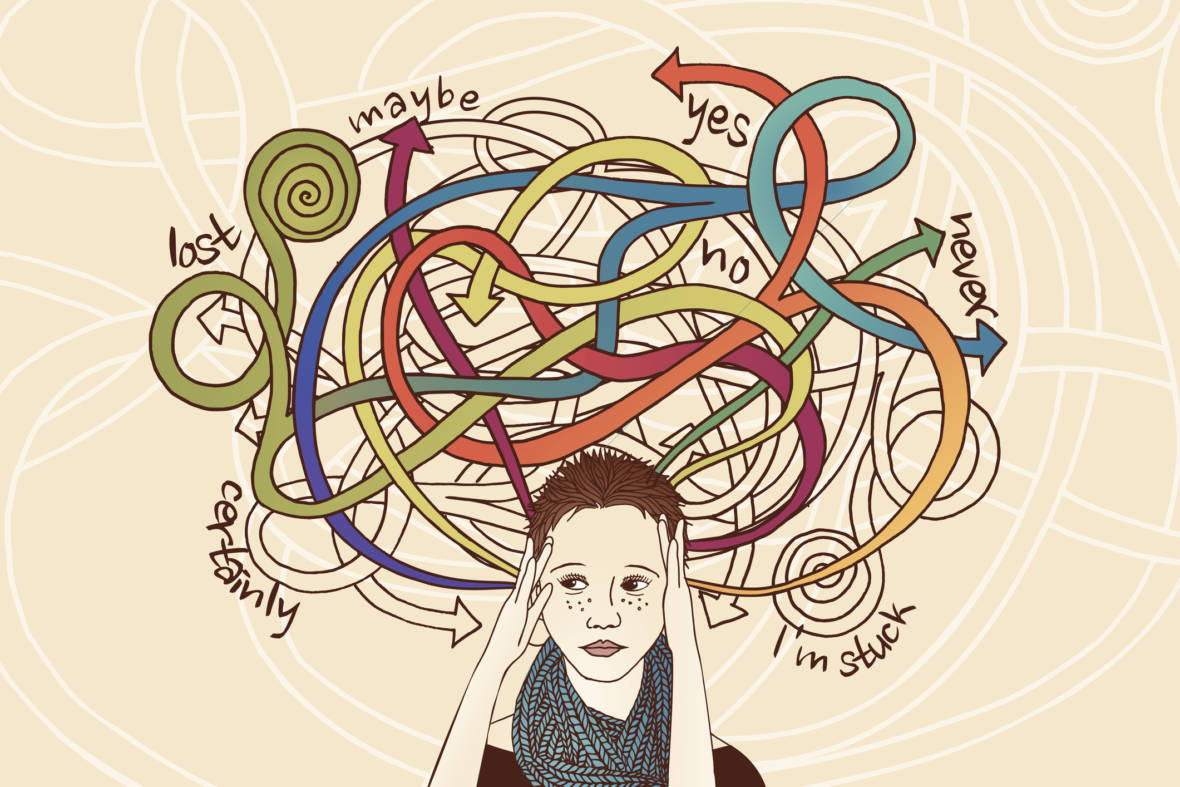academic validation is what you need
The brain is the powerhouse of studying, as it's responsible for processing and retaining information. It is functions in attention, memory, and problem-solving.
But will training of brain help us get better at studying? If yes then how?
Let's see
1: Create Study Space
Minimize Distractions: Designating a specific area for studying helps minimize distractions, allowing you to focus better.
Psychological Cue: When you enter your study space, it serves as a psychological cue that it's time to focus and study, helping you transition into the right mindset more easily.
2 : Romanticizing
Long-Term Motivation: Romanticizing studying can fuel long-term motivation by aligning it with your goals keeping you inspired and committed to your academic pursuits.
Enhanced Creativity: When you romanticize studying, you may approach it with a sense of curiosity and wonder, fostering creativity and innovative thinking in how you approach and solve problems.
3: Motivation
Studies have shown that motivated individuals tend to perform better academically compared to those who lack motivation, as they're more likely to engage actively with the material and seek out opportunities for learning and growth.
Rewarding yourself after every chapter helps you achieve your goals and helps you gain long term benefits.
4: Regular breaks
Regular breaks can not only help your brain to rest and recharge but also prevent burnout and mental fatigue.
Research suggests that taking breaks during learning can enhance memory consolidation, allowing you to retain information more effectively.
5: Active Recall
Instead of passively reviewing information, active recall requires you to actively retrieve information from memory. This process enhances long-term retention and comprehension
Some of the methods are:
Flashcards
Summarization
Teaching or explaining topics to others
Mind maps and diagrams
Interleaved practice
Written by saanvi
Meraki minds




Comments
Post a Comment